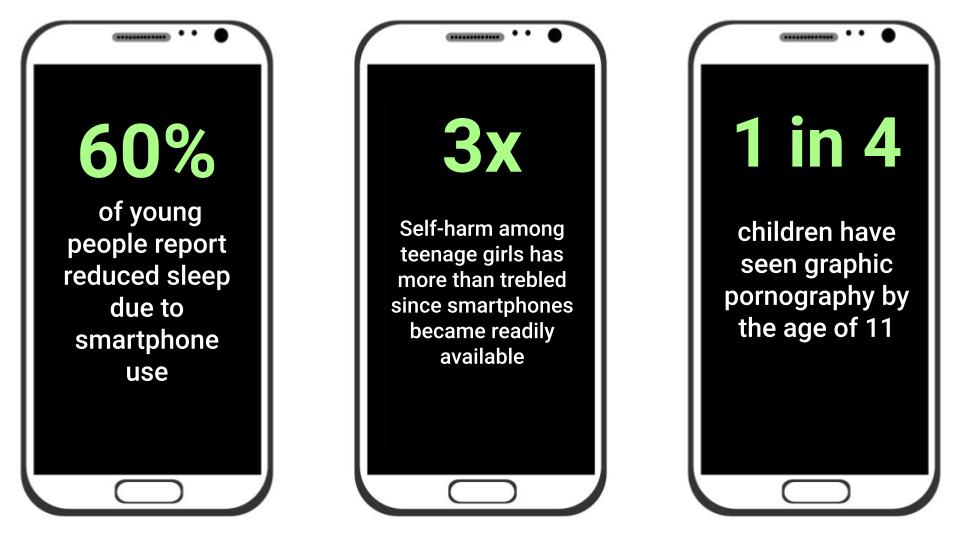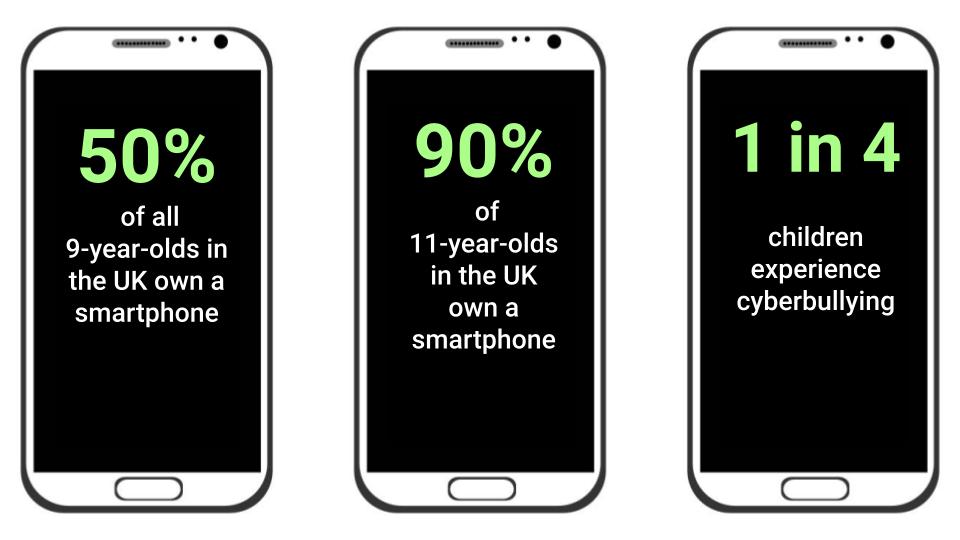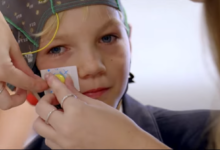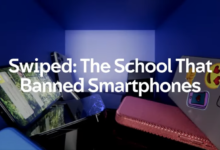The Rationale
The rationale for this project has always been very clear to us at The Stanway School. Over the last few years, as a society, we have noticed a considerable deterioration in students’ mental health. In the post-Covid world, more and more young people are struggling with their emotions, relationships, anxiety and depression. As a school, we wanted to help develop the research into this area of young people’s lives and understand better the impact that smartphones may be having.


The statistics about smartphone usage and its risks are quite powerful:
The House of Commons Education Committee has said there had been a 52% increase in children’s screen time between 2020 and 2022, with a quarter said to be using their devices in an addictive manner.
It is reported that 50% of all 9-year-olds in the UK own a smartphone, with 43% of UK teens using their smartphones during school lessons. Frequent social media use has been found to increase a child’s risk of depression by 27%, and a recent Education Select Committee report revealed that one in four children now use their phones in a manner resembling behavioural addiction.
 Researchers at the Institute of Psychiatry, Psychology & Neuroscience (IoPPN) at King’s College London recently conducted two studies at schools investigating the association between problematic smartphone use (PSU) and mental health in young people. Findings published in BMJ Mental Health revealed nearly half of 13–16-year-olds with PSU reported symptoms of anxiety (44.4%) and over half reported symptoms of depression (55.6%).
Researchers at the Institute of Psychiatry, Psychology & Neuroscience (IoPPN) at King’s College London recently conducted two studies at schools investigating the association between problematic smartphone use (PSU) and mental health in young people. Findings published in BMJ Mental Health revealed nearly half of 13–16-year-olds with PSU reported symptoms of anxiety (44.4%) and over half reported symptoms of depression (55.6%).
Professor Ben Carter, Professor of Medical Statistics at King’s IoPPN states: “Adolescent smartphone use is a huge concern for parents and carers. We found that problematic smartphone use was linked with anxiety, depression and insomnia across two separate adolescent age groups using two different research methods. By revealing the link between problematic use of smartphones and poorer mental health, and demonstrating that young people are aware of this problem and are eager to manage their use, these studies highlight the need for evidence-based interventions to help adolescents struggling with difficult behaviours around their smartphone use.”
Presenter and broadcaster Dr Rangan Chatterjee believes ‘We’re sleepwalking into a mental health crisis,’ with young people: Dr Chatterjee said the “increasing use of technology has insidiously crept into every part of our children’s lives, including their school life”
“This isn’t just about the content these children are consuming online such as violent pornography, but also about what their phones are doing to them physically, in terms of things like sleep and anxiety. I think we are failing our children collectively as a society.
‘I am not blaming parents when I say that, I really believe they are doing the best they can. We need to really think about which aspects of technology are healthy and which ones are harmful.’ Speaking about the devastating consequences smartphone addiction can have, he explained: ‘Studies show they [children who are addicted to their phones] are losing grey matter which controls how the brain processes information and makes decisions. This pattern is similar to what we see in people with substance abuse or addiction problems.’














